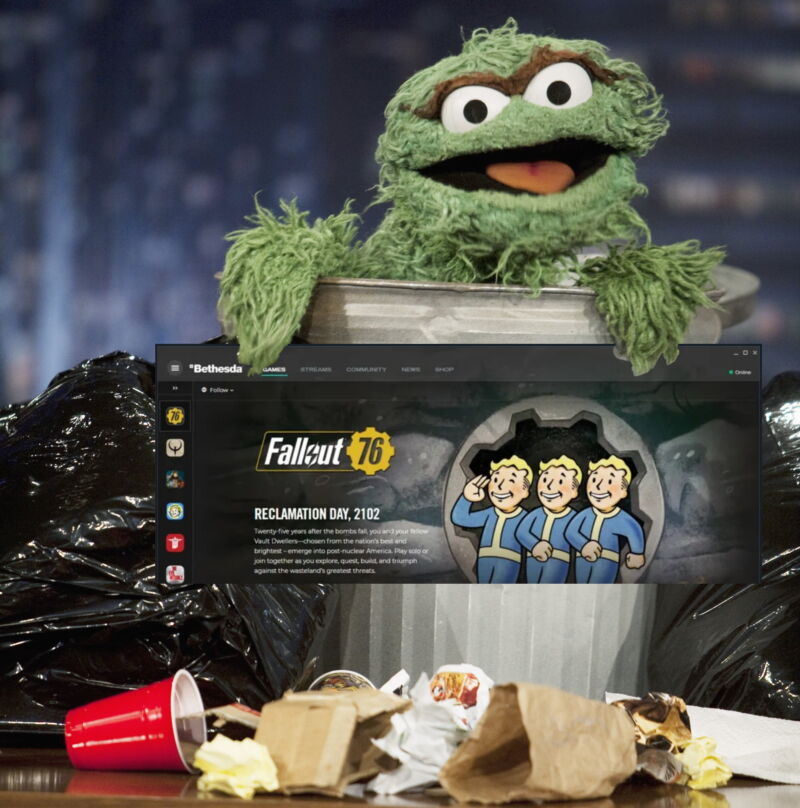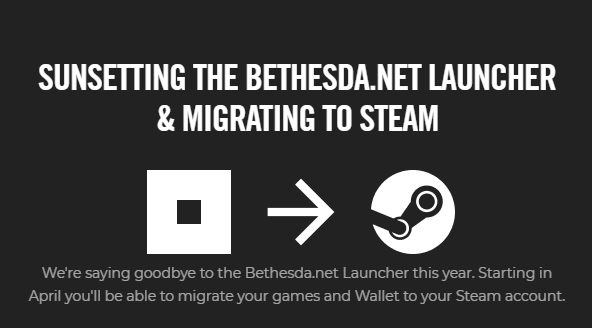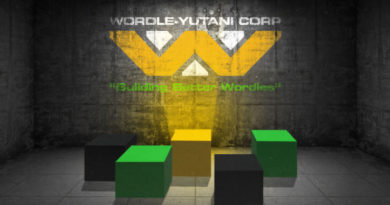RIP Bethesda Launcher: Here’s how its nearly full transfer to Steam will work
[ad_1]

Getty Images / Sam Machkovech
In a welcome change of pace, a video game maker has announced the retirement of a “launcher” app for PCs, as opposed to announcing and releasing yet another one to a crowded market.
Bethesda Launcher, as maintained by the game maker and publisher of the same name, will fully shut down at some point in “May,” the company announced on Tuesday. Thankfully, affected users will get to carry every BL purchase and license over to Valve’s Steam storefront starting in “early April.”
This week’s announcement FAQ does not clarify exactly how license transfers will be handled, leaving us to assume that users will log in with their affected credentials to a website and receive a list of Steam redemption codes. In promising news, Bethesda insists that all games’ paid DLC and microtransaction currencies will transfer to the Steam versions seamlessly, so long as players log into a Bethesda.net account while in-game. The same goes for Fallout 76‘s “Fallout 1st” membership, though any recurring subscriptions handled via BL will not auto-renew in April and beyond. Those users will have to set up a new subscription plan via the game’s Steam version.
Some save files may require manual copying-and-pasting from an old Bethesda Launcher folder to a new Steam one, while others will automatically transfer, likely via Bethesda.net account linking. Any friend lists handled by BL will carry over into Steam via Bethesda.net credentials, as well.
I got 76 problems…

Boot the existing Bethesda Launcher starting today, and you’ll see this warning pop up. The same thing appears when attempting to access the “store” inside of the launcher.
Bethesda
When Bethesda Launcher arrived in 2016, it was the latest in a series of publisher-specific PC-game launchers that aimed to redirect Steam’s 30 percent cut of revenue directly into game makers’ coffers. On paper, the move made sense for companies that had already invested in games-as-a-service infrastructure; how hard could a single additional EXE be?
Of course, every major Steam competitor learned the hard way by fumbling feature rollouts and quality-of-life tweaks. But Bethesda Launcher in particular suffered because it asked PC gamers to move away from the mod-friendly ecosystem of Steam, which breathed significant life into Bethesda’s ambitious-but-buggy duo of Fallout 3 and Elder Scrolls V: Skyrim, and toward the closed, controlled, microtransaction-filled garden of Creation Club.
Two years later, Fallout 76‘s exclusive PC launch on Bethesda Launcher did little to jumpstart fan adoption. By the time the game began receiving significant content updates, it had already shaken off its BL exclusivity and landed on Steam.
The publisher’s shift away from an exclusive launcher and toward Steam follows its parent company, Microsoft, making a similar move, after Xbox chief Phil Spencer announced that many of his company’s first-party games with PC versions would launch simultaneously on Steam and the Windows Store. Since that 2016 statement, all modern Microsoft PC game launches have indeed followed through on that pledge—though the biggest exception on that front remains Xbox Game Pass, whose PC tier still revolves entirely around the Windows Store. Though other publishers have embraced Steam more firmly in recent years, some have done so with the obnoxious requirement of having their own launchers run in the background.
Bethesda arguably has a certain business-minded reason to dump its launcher, anyway: its propensity to accidentally launch DRM-free versions of games on that interface. And this doesn’t mean the game maker is done using exclusive launchers, as The Elder Scrolls Online will continue to support a standalone launcher, much like other popular MMOs.
[ad_2]
Source link




